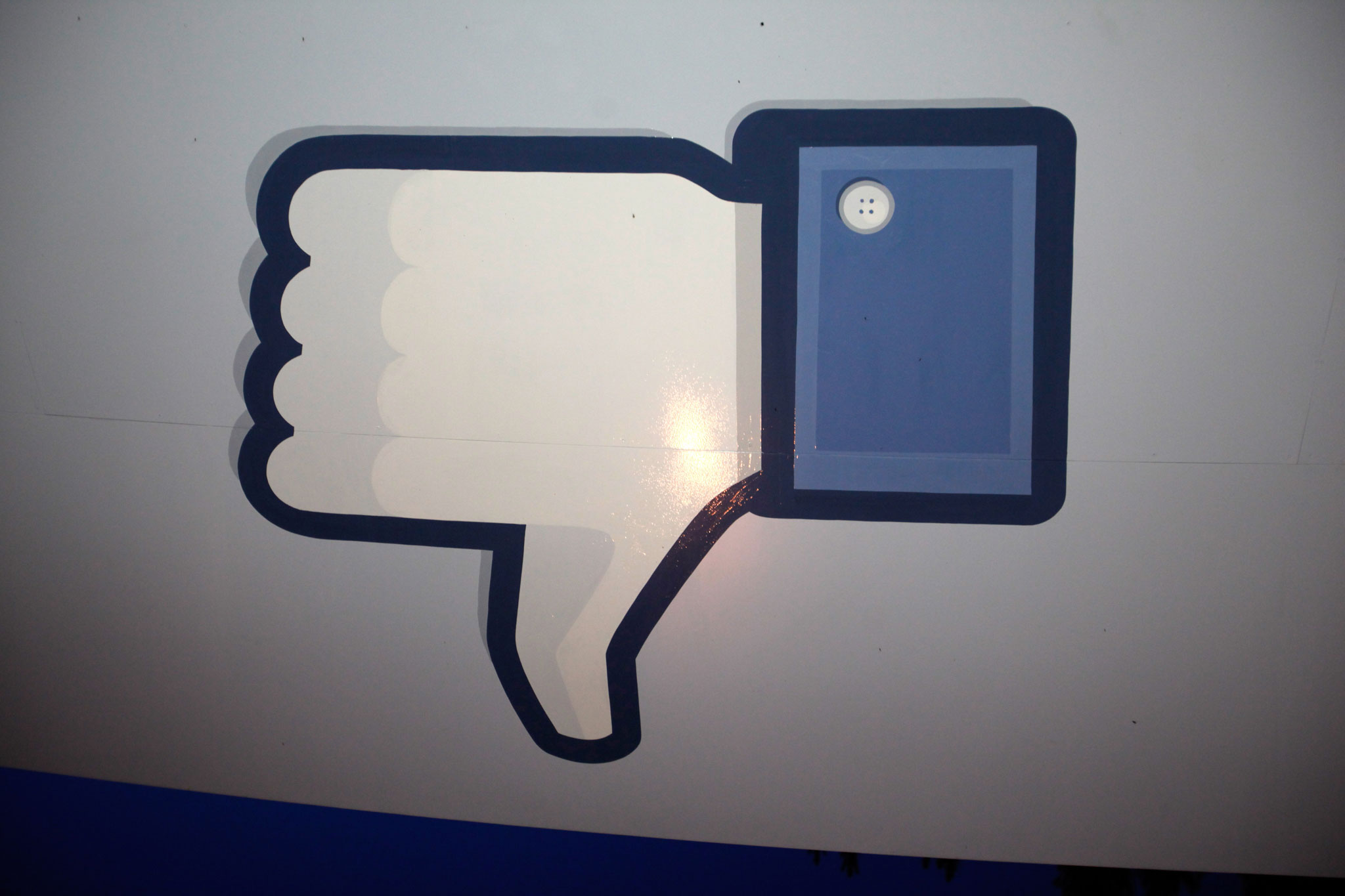Teenagers 'burdened' by Facebook are turning to Twitter says new study
Teenagers said they were turned of Facebook by the inane status updates and the stresses of managing an online profile

Your support helps us to tell the story
From reproductive rights to climate change to Big Tech, The Independent is on the ground when the story is developing. Whether it's investigating the financials of Elon Musk's pro-Trump PAC or producing our latest documentary, 'The A Word', which shines a light on the American women fighting for reproductive rights, we know how important it is to parse out the facts from the messaging.
At such a critical moment in US history, we need reporters on the ground. Your donation allows us to keep sending journalists to speak to both sides of the story.
The Independent is trusted by Americans across the entire political spectrum. And unlike many other quality news outlets, we choose not to lock Americans out of our reporting and analysis with paywalls. We believe quality journalism should be available to everyone, paid for by those who can afford it.
Your support makes all the difference.A new report from the Pew Research Centre in America has shown that teenagers “have waning enthusiasm” for Facebook, and that social-networks are increasingly seen as a burden.
The report cited a number of reasons for the decreased enthusiasm in Facebook including an “increasing number of adults on the site” (70 per cent of teenagers quizzed said they were friends with their parents), the annoyance of friends sharing “inane details”, and the stress associated with managing an online reputation while keeping up with online “drama”.
More teenagers were also turning towards Twitter. Although attracting a far smaller crowd than Facebook, the microblogging service increased its teenage user-base from 16 per cent in 2011 to 24 per cent in 2013.
This small swing from Facebook towards Twitter seems to indicate that over-sharing is now falling out fashion with the younger demographic online.
Although Facebook remains popular (teens said that they stayed with the site so as not to feel left out), users of services like Twitter and Instagram reported greater levels of satisfactions with the sites.
The report showed that while Facebook bogged down teens with “social expectations and constraints”, newer social-media services allowed them greater freedom to express themselves.
The change is indicative of the pressure teenagers feel to shape their online reputation. The survey showed that 74 per cent of teens have pruned their friend list, 59 per cent had deleted or edited their past posts, and 58 per cent said they used inside jokes or other coded messages to disguise their messages from others.
The need to ‘perform’ on Facebook is also reflected by the differing sizes of social networks: Twitter-users tended to have a much smaller ‘audience’ with an average of 79 followers, while the average number Facebook friends of 300.
Despite the savvy approach to their reputation online, only 9 per cent of teen social media users described themselves as “very” concerned that third-parties might have access to their data.
However, the answers of individual users suggested that teens might be over-confident about Facebook’s ability to share their info. One middle schooler wrote: “Anyone who isn’t friends with me cannot see anything about my profile except my name and gender. I don’t believe that [Facebook] would do anything with my info.” According to Pew, other higher schoolers expressed “similar sentiments”.
Join our commenting forum
Join thought-provoking conversations, follow other Independent readers and see their replies
Comments